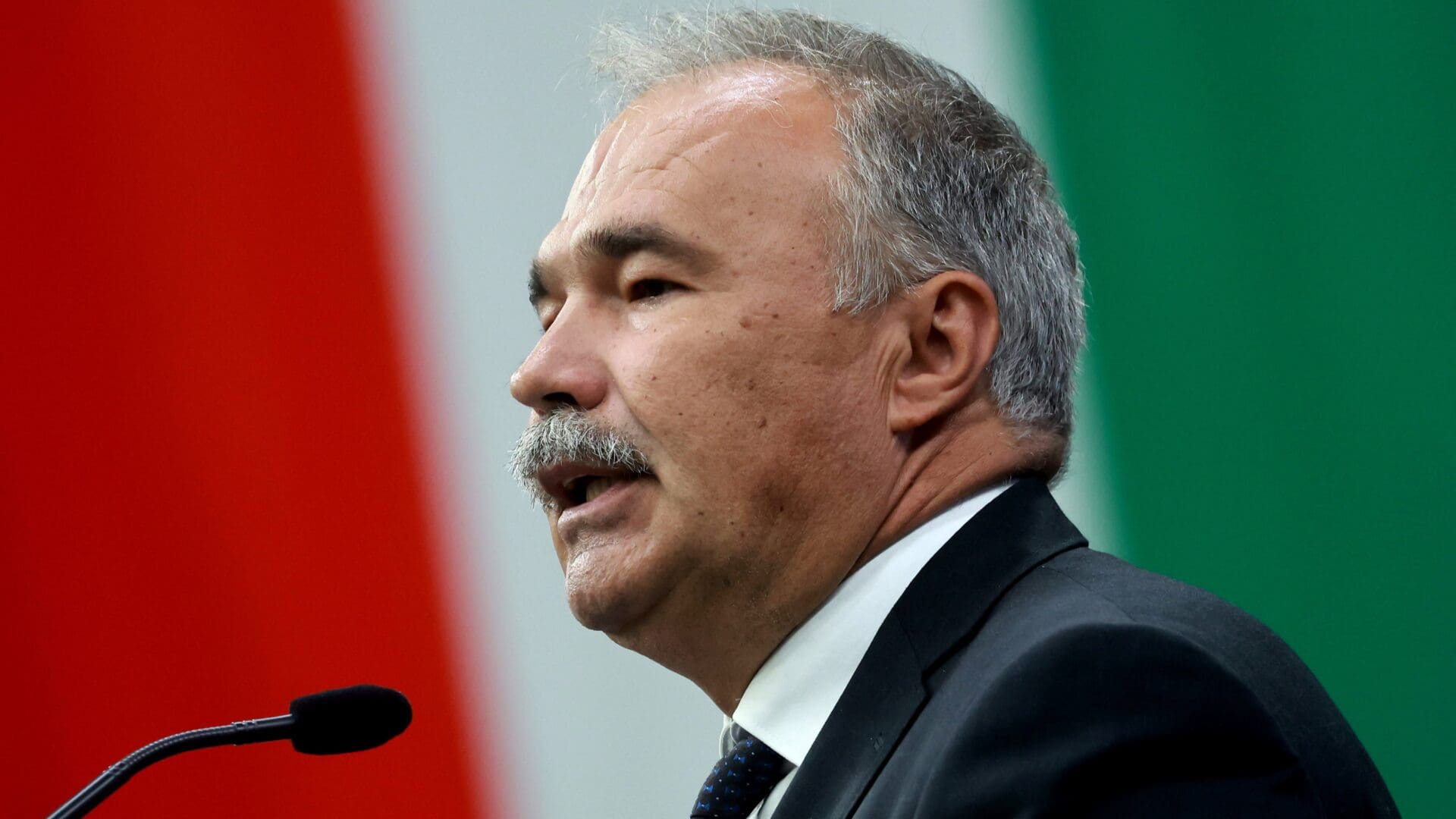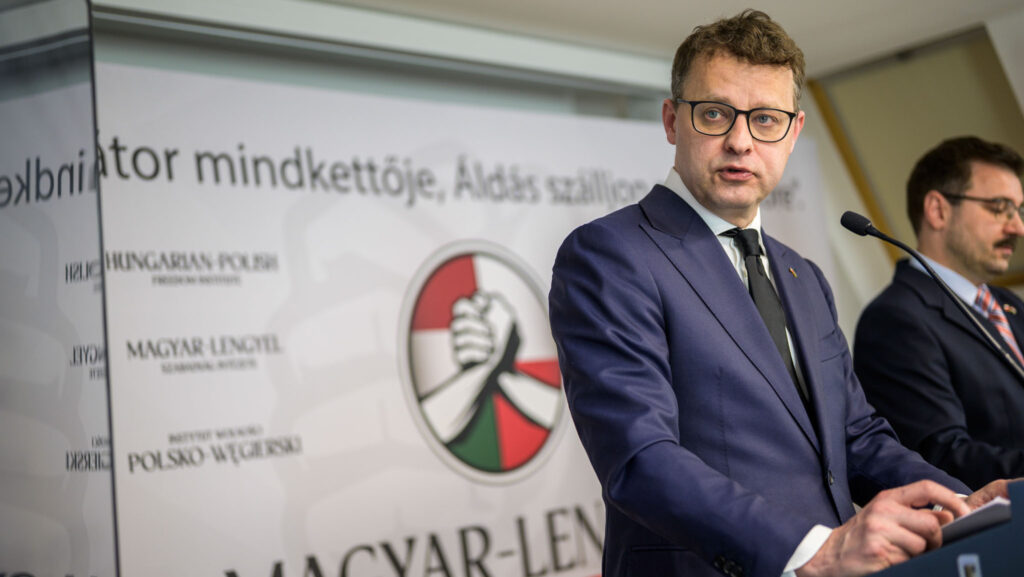Hungarian Minister of Agriculture István Nagy will inaugurate this year’s annual international non-GMO summit. The Hungarian minister, who currently chairs the EU’s Agriculture and Fisheries Council under the Hungarian EU Presidency, will deliver the opening remarks alongside German State Secretary Silvia Bender, who will stand in for Federal Minister of Agriculture Cem Özdemir, at the conference in Frankfurt on 7–8 October. The presence of these two officials underscores ‘the importance of the non-GMO industry in Europe,’ according to a press release by the organizers.
The summit, the largest gathering of the non-GMO industry, advocates for food and feed production without the use of gene-editing methods. This sector also ensures that non-GMO labeling schemes used in different EU countries adhere to a consistent set of requirements. This year’s conference will focus on the political debate surrounding new genomic techniques (NGTs), according to Euractiv.
The topic is particularly sensitive within the EU, as there are sharp divisions among member states over the issue of gene-edited plants. Given this context, the organisers have emphasized that István Nagy will not be representing an official EU position but will instead speak in his capacity as a ‘national minister.’ Additionally, there is a lack of consensus on the new NGT regulation within the European Council as well.
Hungary has a firmly entrenched anti-GMO stance,
which is enshrined in its constitution. The relevant section states: ‘Its (Hungary’s) agriculture remains free from any genetically modified organism, by providing access to healthy food and drinking water, by managing industrial safety and healthcare, by supporting sports and regular physical exercise, and by ensuring environmental protection.’ This constitutional commitment underscores the country’s dedication to maintaining a GMO-free agricultural sector.
Hungary is opposed to the European Commission’s proposal to ease the use of NGTs in the EU, a proposal that has been under consideration by the Council for months without reaching a consensus among member states. As the EU’s rotating president, Budapest is responsible for leading negotiations on this issue until January. In July, the Hungarian government proposed starting the NGT law discussions from scratch. This approach would potentially undo the progress made so far, including the recognition of ‘equivalence’ between NGT and conventional crops.
The fact that the German State Secretary is also delivering opening remarks at the summit is significant, as the non-GMO sector is particularly strong in Germany. In 2023, sales of ‘Ohne GenTechnik’ (without genetic engineering) food products reached a record €17.4 billion.
Currently, only one genetically modified crop is authorized for cultivation in the EU—an insect-resistant variety of maize grown in Spain. However, the EU imports millions of tonnes of genetically modified crops annually, primarily for use as animal feed.
Related articles:








